
TSA Jobs Not as Attractive as They Appear
With the exception of a few larger airports (which have private security screeners), if you fly commercially in the United States you’re going to have to go through a TSA security checkpoint. To most travelers, “going through security” is a necessary evil or just a minor inconvenience, but one that’s always at least a little stressful regardless. What may be surprising to the traveling public is that many Transportation Security Administration security screeners look at their job in much the same light. Here’s why:

What You Should Know About Cabin Air Safety
It is a common myth that air travelers breathe in old, recycled air during flight. Many believe that illnesses are more easily transferred in an airplane because they are breathing the same air as everyone else. However, your risk at catching any sickness airborne is...
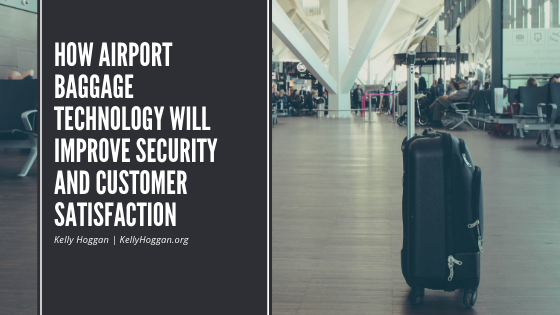
How Airport Baggage Technology Will Improve Security and Customer Satisfaction
Most people love to travel, and some even look forward to the process itself. Many flyers enjoy the calm and quiet plane ride and use that time to read, rest, meditate, relax, and sleep. In today’s frantically busy society, a forced break, even if it is in a rather...

TSA Experiencing Busiest Summer Travel Season Ever
Back in May, Transportation Security Administration leaders predicted that more than 263 million air travelers and crew members would pass through airport security this summer. Traditionally occurring from the Memorial Day weekend through the Labor Day weekend, a higher number of people fly during the summer than at any other time of the year.
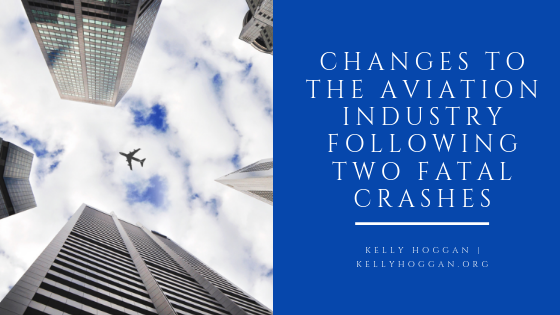
Changes to the Aviation Industry Following Two Fatal Crashes
In the aftermath of two fatal crashes just months apart, both involving Boeing 737 Max aircraft, citizens and aviation professionals alike are left wondering what went wrong, and what will be done to prevent this from happening again. As investigators continue to...
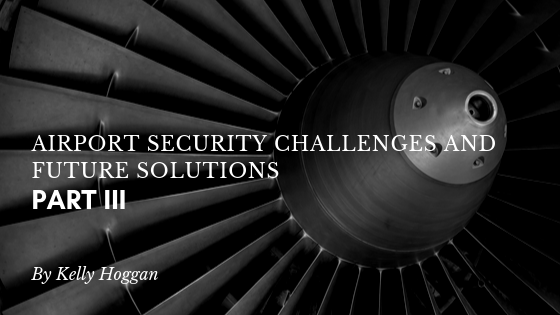
Airport Security Challenges and Future Solutions: Part III
Airlines routinely advise passengers to arrive at least 60 minutes before their flights if they’re not checking luggage and 90 minutes if they are. Not all that time is burned getting through a Transportation Security Administration security checkpoint, but according to agency spokespersons, somewhere around 30 minutes of it is. However, passengers already prescreened through TSA’s Pre✓® program can make it through in 10 minutes. Fortuitously, TSA aims to reduce security wait times to 10 minutes for everyone by using a variety of screening improvements, including biometrics.
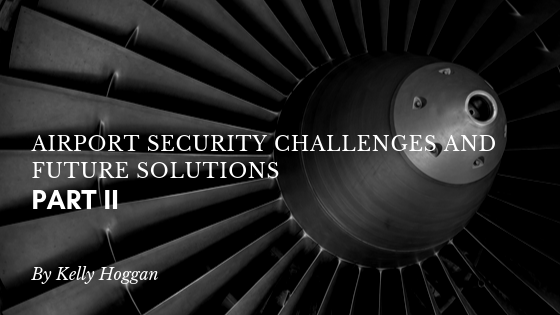
Airport Security Challenges and Future Solutions: Part II
To improve the speed and flow of passengers going through its airport security screening checkpoints, the U.S.’s Transportation Security Administration has recently taken several promising steps. For one, TSA has been installing and then performance-testing what are called “automated screening lanes,” or ASLs. To date, TSA has been testing these new screening lanes at large, busy U.S. commercial air facilities. If they perform as expected, the government’s lead transportation security agency expects many more such ASLs to go into almost all other airports in the next several years.
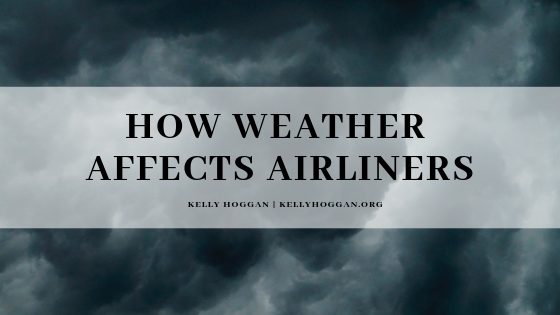
How Weather Affects Airliners
If you are a frequent flyer, chances are you have dealt with your fair share of delayed or canceled flights due to weather. With over 26,527 flights taking off daily and flying all over the world, the weather is a huge factor in the timeliness and safety of a flight....
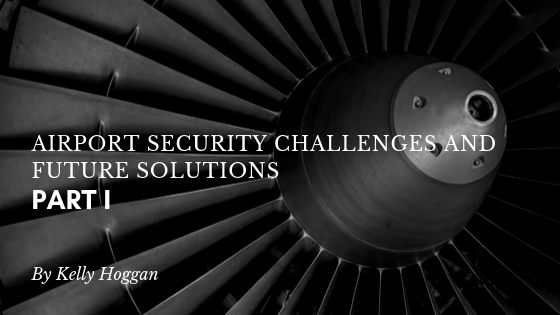
Airport Security Challenges and Future Solutions: Part I
According to the Statista website, commercial airlines carried an estimated 4.3 billion passengers on scheduled flights in 2018, with more than 4.5 billion people anticipated to fly in 2019. In 2009, nearly 2.5 billion passengers flew commercially, meaning airlines and airports have seen a passenger traffic increase of 80 percent, or 2 billion people, over the last 10 years. The increase in airline passenger traffic brings many challenges with it, such as just how airports, aviation security companies, and government transportation security agencies will efficiently handle so many travelers.
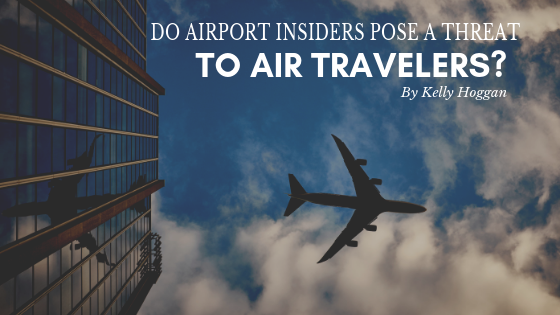
Do Airport Insiders Pose a Threat to Air Travelers?
As we’ve previously noted, in terms of threat, an airport insider is “a person who exploits, or has an intention to exploit, their role or knowledge for unauthorized purposes.” The term “airport insider” can apply to full or part-time permanent employees or staff of an airport or its tenant airlines or businesses within the airport, for example, as well as temporary or contractor personnel. But just how serious is the threat to commercial aviation airport insiders pose, and what sorts of background vetting or investigations occur before they’re even brought on board?
